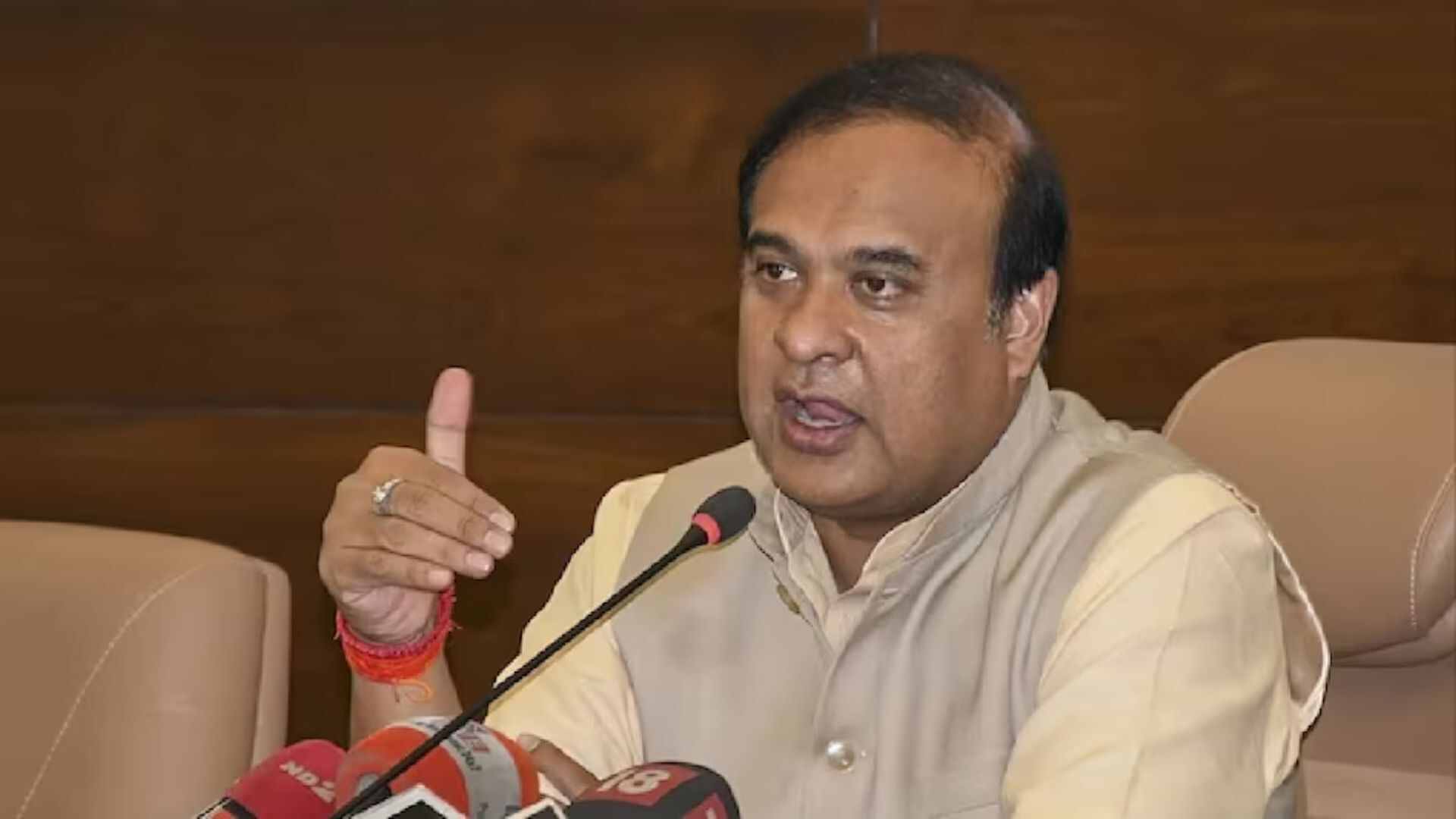Bangladesh’s Prime Minister Sheikh Hasina has fled the country amidst escalating protests, leading to major turmoil. The protests, which have resulted in significant unrest and the looting of Hasina’s presidential residence, also saw the vandalism of the statue of Sheikh Mujibur Rahman, Bangladesh’s founding father and Hasina’s father. With the country now under military control, an interim government is set to be formed.
Sheikh Hasina has been removed as the Prime Minister of Bangladesh through recent protest within the country which turned into a major turmoil.
As she has fled the country on Monday, leaving her presidential residence in emergency, later looted and stormed by the protestors. The protestors have also vandalized the statue of Sheikh Mujibur Rahman, state founder and her father.
As the country is now under military control, they have announced that an interim government is about to be formed. Her resignation has brought an end to her 15-year tenure, during which she led for 20 of the past 30 years as the head of the political movement inherited from her father, who was assassinated along with much of his family in a 1975 coup.
This political upheaval, however, extends beyond Bangladesh, significantly impacting neighboring India. The effects of Hasina’s resignation have reached New Delhi, affecting travel and border security.
Impact on Travel and Border Security
The political upheaval in Bangladesh has had a substantial impact on neighboring India. Air India and IndiGo have canceled flights to Dhaka due to the unrest, while Vistara has yet to make an official statement. Indian Railways has suspended all train services to Bangladesh, including the Kolkata-Dhaka and Kolkata-Khulna routes. The suspension of these services has disrupted travel and trade between the two nations.
Border Security Measures
The Border Security Force (BSF) has increased its vigilance along the Indo-Bangladesh border following the unrest. The BSF has been instructed to prevent unauthorized crossings and is coordinating with Border Guards Bangladesh (BGB). Security measures include increased troop deployment and a strict alert system to maintain border control.
Night Curfew in Meghalaya
In response to the instability in Bangladesh, Meghalaya has imposed a night curfew along its international border. The curfew, effective from 6 pm to 6 am daily, aims to maintain security in the border areas. The BSF and Meghalaya Police are working together to enforce this measure and ensure safety.
Economic Opportunities for India
The crisis in Bangladesh may provide economic opportunities for India’s textile industry. With Bangladesh’s textile sector affected, Indian centers like Tiruppur could see an influx of orders, potentially boosting trade by $300–400 million monthly. Indian manufacturers, including those with investments in Bangladesh, are likely to benefit from the shift in orders.
Disruption of Trade and Supply Chains
The turmoil in Bangladesh has led to significant disruptions in trade and supply chains, particularly affecting the textile sector. Indian export hubs are expected to see increased orders as global buyers redirect their sourcing due to the ongoing crisis. The shift could also impact Indian manufacturing units based in Bangladesh, which may relocate operations back to India.
The situation remains fluid, with ongoing developments likely to further influence regional dynamics and economic relations between Bangladesh and India.







